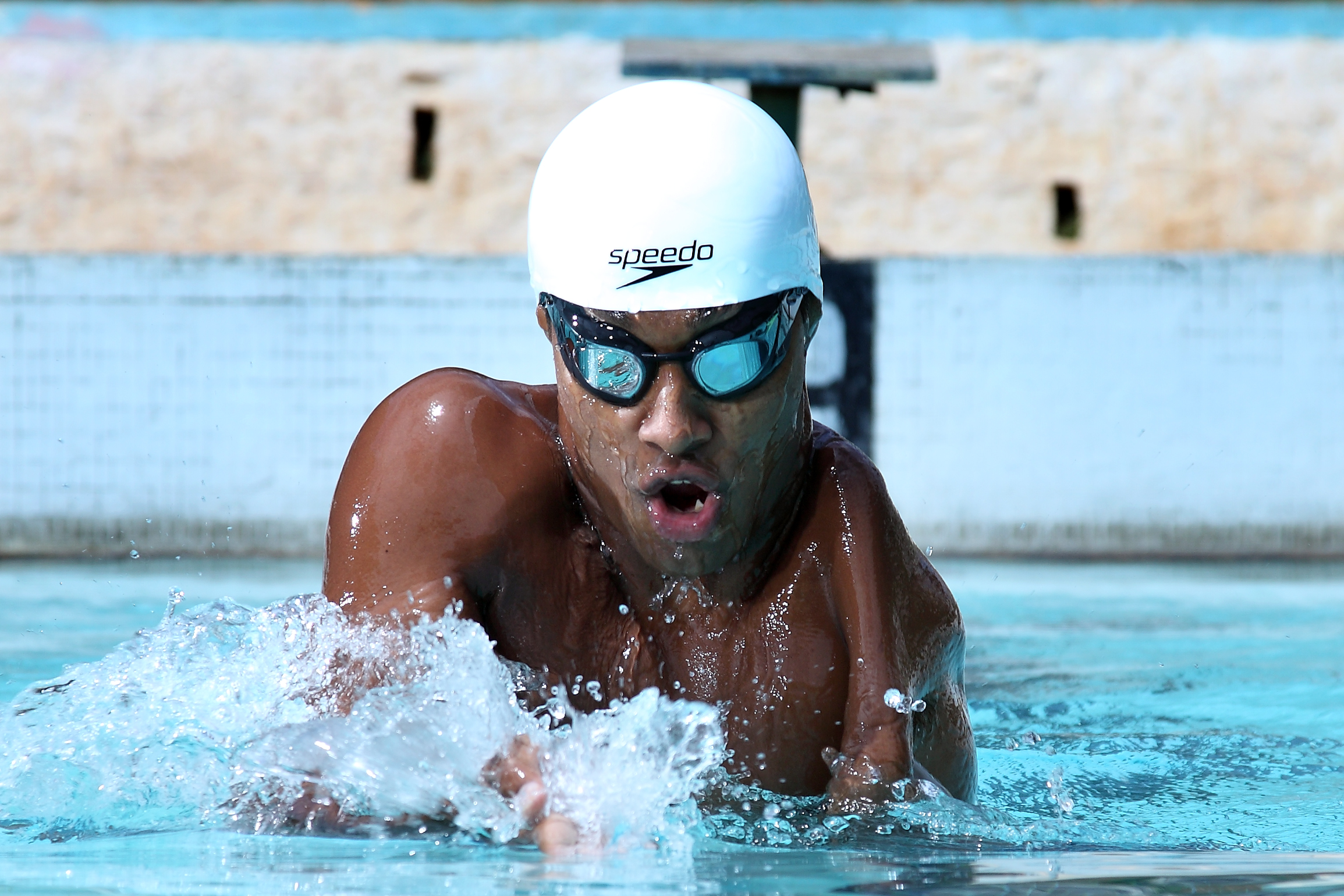
To me as an individual, what matters is what something is, not what it is called. However, for various purposes, disabled people and disability have been defined, abled being the benchmark of normal.
Labelling a person as disabled requires a judgment that an individual's appearance and activities are somehow inadequate based on community expectations of normality and how a given activity should be accomplished.
Definitions of disability thus originated in alignment with the prejudice against people with disabilities.
Over the years, this definition has changed along with the models of disability.
According to World Health Organisation (WHO), 'disabilities' is an umbrella term, covering impairments, activity limitations, and participation restrictions. 'Impairment' is a problem in body function or structure, an 'activity limitation' is a difficulty encountered by an individual in executing a task or action, while 'participation restriction' is a problem experienced by an individual in involvement in life situations.
Thus disability is a complex phenomenon, reflecting an interaction between the features of a person's body and features of the society in which he or she lives.
As a person with disability, I find it irksome for disability to be made synonymous with a limitation, a weakness and a barrier to be overcome.
Disability is a natural part of human diversity and a multidimensional experience for the person involved. There may be effects on organs or body parts and there may be effects on a person's participation in areas of life.
I have a spinal cord injury at the C7-T1 level. So, my inability to enter a high-rise building is not because of my functional limitation, but rather because of the absence of an alternative pathway like an elevator or ramp.
Thus the barriers experienced by us are not necessarily caused by our disabilities, but are rather the result of living in a society that is designed by and for non-disabled people.
Definitions of disability influence the way in which non-disabled people respond to disabled people. That is, a definition can place limits not merely on what is possible, but what is 'thinkable' about the person and his/her capability.
Hence a thoughtful definition of disability is required to address the issue from a socio-political dimension.
The United Nations Conventions on the Right of Persons with. Disabilities (UNCRPD) is the first step in moving away from this limiting concept.
It defines 'disability is an evolving concept and that disability results from the interaction between persons with impairments and attitudinal and environmental barriers that hinders their full and effective participation in society on an equal basis with others'.
According to The Persons with Disabilities Act, India, a 'person with disability' means a person suffering from not less than 40 per cent of any disability as certified by a medical authority.
On the other hand, the Americans with Disabilities Act (ADA) defines a disability as 'any individual who has a physical or mental impairment which substantially limits one or more of such person's major life activities, has a record of such impairment, or is regarded as having such an impairment'.
Disability rights activists, struggling towards social agency and political voice, have reclaimed disability not as a medical label but as a political identity that can serve to unite people to resist discrimination.
Disability studies scholar Simi Linton, writes in Claiming Disability: Knowledge and Identity: 'A project of disability studies scholars and the disability rights movement has been to bring into sharp relief the processes by which disability has been imbued with the meaning(s) it has and to reassign a meaning that is consistent with a socio-political analysis of disability.'
Sarah Triano, an American activist, says: 'All disabled people must go out into the world with our heads held high, with our dignity and pride intact, vowing to take back the definition of disability with militant self-pride. Just as 'Black is beautiful', 'Disability is beautiful' and we should never let anyone tell us any differently or make us feel ashamed to be who we are. Some people may define disability as bad, but I think it's all good, and no one, not even the Extreme Court of the United States, can take that away from me.'
A study by voluntary organisation Swabhiman had revealed the extent to which persons with disabilities are marginalised in the state of Odisha. The findings revealed that 77.8 per cent of people with disabilities survive as dependants. Among the rest, 45 per cent run small businesses, while 29 per cent are daily-wage earners.
The scenario in the education sector is equally bleak.
The literacy rate of persons with disabilities is only 57.8 per cent. Barely 30.1 per cent have passed primary school, 14.2 per cent Class VIII, 9.1 per cent are matriculates, 3.3 per cent have a graduation degree while a meagre 0.9 per cent have a post graduate degree.
No school, college or university in the state is barrier-free, nor are any public place, barring few. At a social level, 63.5 per cent persons with disabilities do not have life partners and only 47 per cent desire to have children. While 52.3 per cent persons with disabilities have access to family dining, 41.2 per cent are not involved in household chores at all.
For progress in this sector, budgetary allocation for disability in each government department's budget planning is the first priority.
All stakeholders, including the government, policy makers, corporate houses, the civil society and disabled people's organisations must work in tandem to create enabling environments, develop rehabilitation and support services, ensure adequate social protection, create inclusive policies and programs, and enforce new and existing standards and legislation for development to be inclusive.











